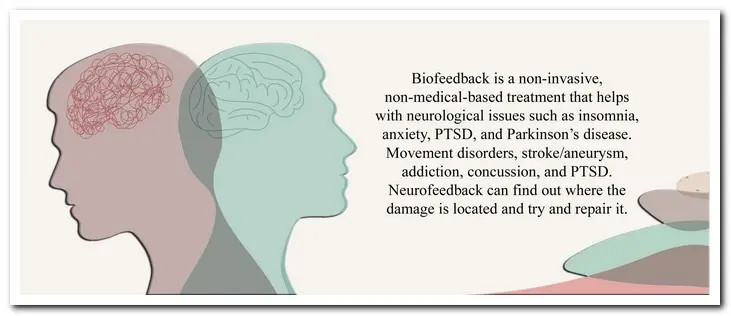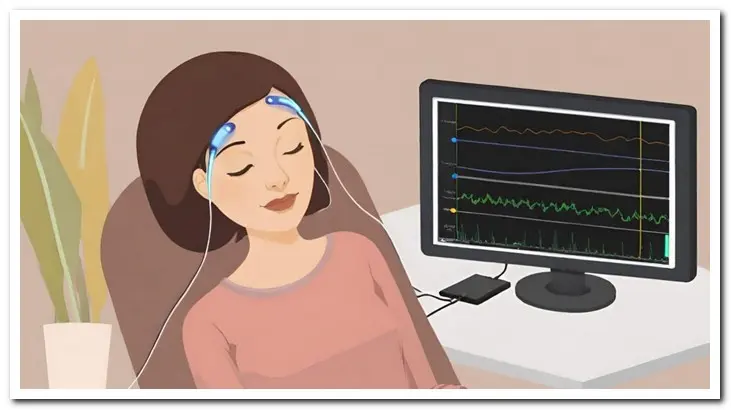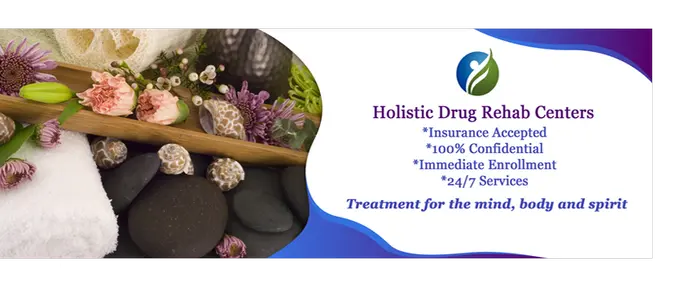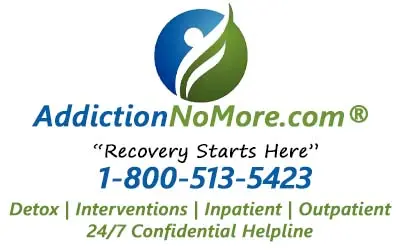Biofeedback & Neurofeedback Therapy Addiction Treatment Programs
Biofeedback, also known as neurofeedback, uses an EEG machine to gather information about the brain by monitoring brain wave activity. Using technology, the device sends information through electronic sensors and software that can read the incoming brainwave data. This allows for the professionals to map the brainwave activity. It helps the expert develop and understand which neuro pathways have become blocked or deregulated in the individual like a person who has been recovering from drug addiction.1-800-513-5423

Biofeedback is a non-invasive, non-medical-based treatment that helps with neurological issues such as insomnia, anxiety, PTSD, and Parkinson’s disease. It also is used to treat movement disorders, stroke/aneurysm, addiction, concussion, and PTSD. Biofeedback can find out where the damage is located and try and repair it.
What are Neurofeedback and EEG Biofeedback Therapy?
Through biofeedback, the brain can repair itself and potentially heal itself by returning to a healthy state. Neurofeedback can help clients understand how the brain works and teach them how to control it to get the desired outcomes.During biofeedback, the practitioner places electronic sensors on the patient’s skin. These sensors are hard-wired to a medical device EEG that gives the medical professionals feedback on the patient’s bio signs. Biofeedback is done with pulsating sounds, and or flashes of light. The way the patient responds to the messages given informs the patient how they can learn to incorporate relaxation exercises to control how their body responds to stressful situations like withdrawal and cravings.
Utilizing biofeedback as part of the treatment process can help the client understand their involuntary functions. Counselors and treatment professionals use this data to tailor a program to the individual’s specific needs during the treatment process. Many of our bodily functions are involuntary. Involuntary functions can make us more distressed, when we are nervous, under stress, or nervous.
Biofeedback can track involuntary functions like:
*Muscle contractions
*Heart rate
*Breathing rate
*Skin temperature
*Sweating
When a person is going through alcohol or drug withdrawal, involuntary responses are heightened. Biofeedback can help treat symptoms such as anxiety, restlessness, depression, and muscle pain.
How Does the Biofeedback Machine Work?
The biofeedback machine records bodily functions and displays the results back to the patient so they can see in real-time how their involuntary responses are affected. The patient knows they need to relieve the stress and then incorporates stress relieving techniques to lower their heart rate. The pulsing light or image on the screen with slow down as the heart rate slows.Bio-feedback therapy practices are used in recovery from drug or alcohol addiction.
Guided imagery is a technique that helps a person direct their thoughts towards soothing, positive imagery, and scenarios to help the mind and body relax.
Mindfulness meditation through peaceful concentration. This meditation technique helps the individual release negative emotions.
Progressive muscle relaxation is an exercise in which the individual will focus on releasing tension in overtight muscle groups, one group at a time.
Neurofeedback Therapy
Neurofeedback or EEQ therapy is a portion of biofeedback that can calm the overexcited brain activity. With constant use of drugs or alcohol, over time, can disrupt normal brain activity. Irregular brain activity has been linked to depression and other mood disorders, that might trigger relapses. When used in conjunction with regular therapy practices neurofeedback can give the recovering addict more tools to avoid relapses.
Different types of biofeedback are used to monitor different body functions: Electromyogram (EMG). This measures muscle activity and tension. It may be used for back pain, headaches, anxiety disorders, muscle retraining after injury, and incontinence.
How to find Rehab Centers that offer Neurofeedback/Biofeedback
There are rehab programs throughout the country that offer neurofeedback therapy along with traditional substance abuse therapy programs. Give us a call and we will help you find a drug rehab center that offers biofeedback/neurofeedback along with their rehabilitation program.Will neurofeedback be covered by your insurance plan?
Depending on your insurance plan neurofeedback may be covered, usually when offered alongside a traditional drug or alcohol treatment program. You can give us a call and we will help you determine if your insurance covers neurofeedback/biofeedback which may cover all or part of your treatment program.1-800-513-5423
Sources:
Biofeedback Machine
MedicinePlus Biofeedback
EEG Biofeedback
Neurofeedback
Erik Epp – Content Author



